A European agenda for space: resilience, security and sovereignty
Past event In person
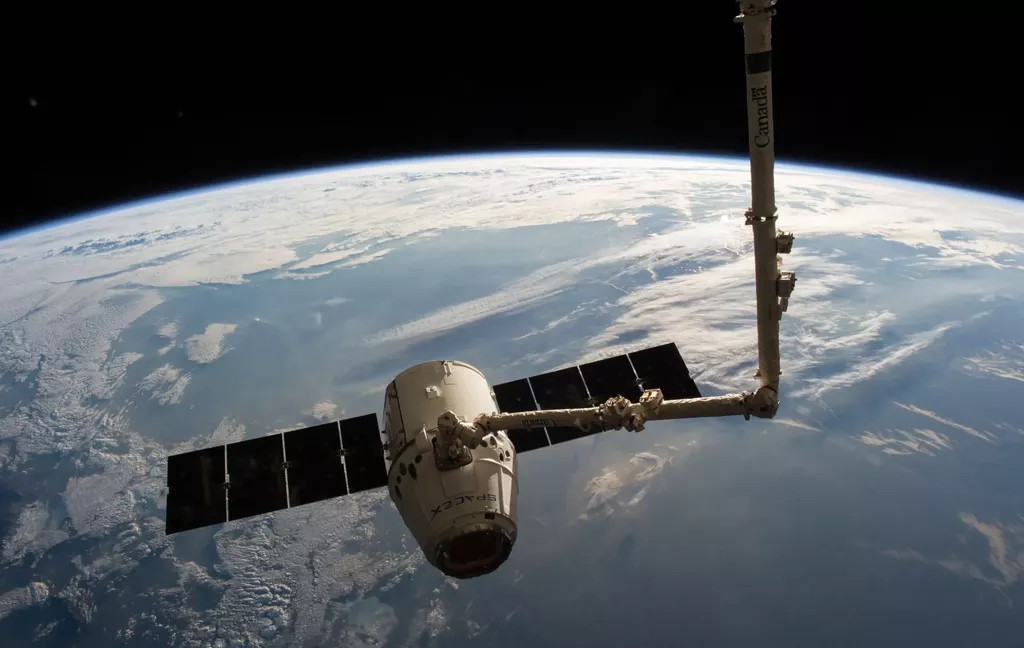
- Area of Expertise
- Digital & Data Governance
Digital & Data Governance

Editor-in-Chief of Debating Europe
Europe is experiencing a new wave of deliberative and participatory democracy. From the Conference on the Future of Europe and France’s “Great National Debate”, to local citizens’ assemblies and panels, experiments in co-decision and power sharing are popping up at all levels of government. It’s easy to dismiss these democratic innovations as part of a fad. Yet, given deteriorating levels of trust in government and rising political polarisation, the truth is that traditional democracy is stuck.
Only authoritarian nationalists have easy answers to the complex problems of the 21st century and Europe has been down that dark path. Instead, we are now presented with an opportunity to try and solve challenges through dialogue and inclusion, supported by advances in digital technology and connectivity that can open up deliberative spaces even during a global pandemic.
The green digital transition is the key challenge demanding citizen participation. The European Union can only meet its goal of becoming climate-neutral by 2050 if it deploys digital technologies such as ultra-fast connectivity, big data, machine learning and AI. Achieving the green digital transition will also mean significant lifestyle changes; the way we live, work, travel and consume will need to fundamentally change due to the impact of both climate and technology. These changes will be so sweeping that they cannot be dictated top-down, but must be agreed bottom-up and using the tools of participatory democracy.
“Made in Europe” can indeed compete in the global digital arena
On 14 October 2021, at our annual State of Europe high-level roundtable event in Brussels, Friends of Europe will launch our report, “Connected Europe: A digital brand for a just transition”. Connected Europe is our effort to promote this emerging culture of co-decision, engaging citizens in a debate with policymakers on how we should navigate the coming green digital transition. Friends of Europe, in partnership with Vodafone, has been working with stakeholders together in a continent-wide conversation on how to reach a successful, green and resilient Europe.
We began the project by crowdsourcing issues from a series of online focus groups involving over 300 citizens from across Europe, including a mix of both younger and older participants from different socio-economic backgrounds. The output from these focus groups fed into a series of expert working groups inviting academics, civil society, policymakers and industry to engage with the concerns and ideas from citizens. The working group recommendations were then fed into a broader multi-stakeholder audience during a set of Friends of Europe policy debates, before a final round of citizen feedback took place on our DebatingEurope.eu platform.
The key insights from these stakeholder consultations were:
The final conclusion of our “Connected Europe: A digital brand for a just transition” report is that Europe’s digital brand should be built on these four insights. It’s often argued that “referees can’t win the game” and that the EU risks being relegated to the role of a mere digital regulator. This is a fair point, yet the report argues that “Made in Europe” can indeed compete in the global digital arena as long as fairness and trust are indelibly tied to its digital brand. The free flow of data necessary for a successful green digital transition can best happen within a regulatory framework that encourages innovation without sacrificing these values.
You may also like…
Past event In person

Next event In person & livestreamed
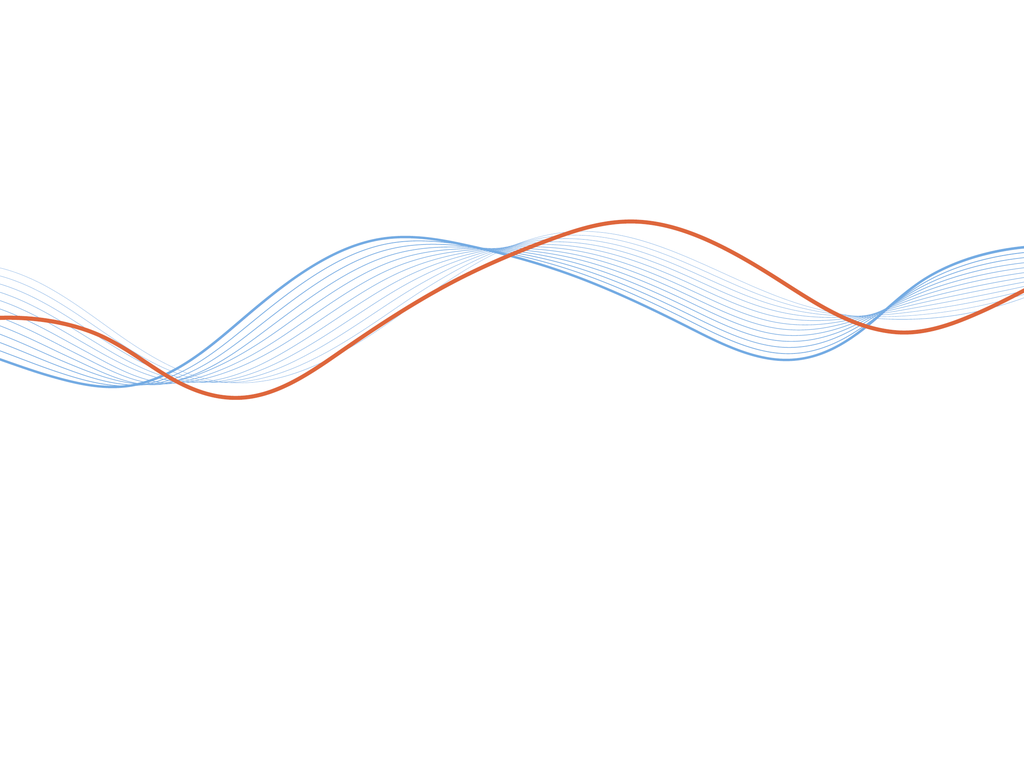
Past event Online
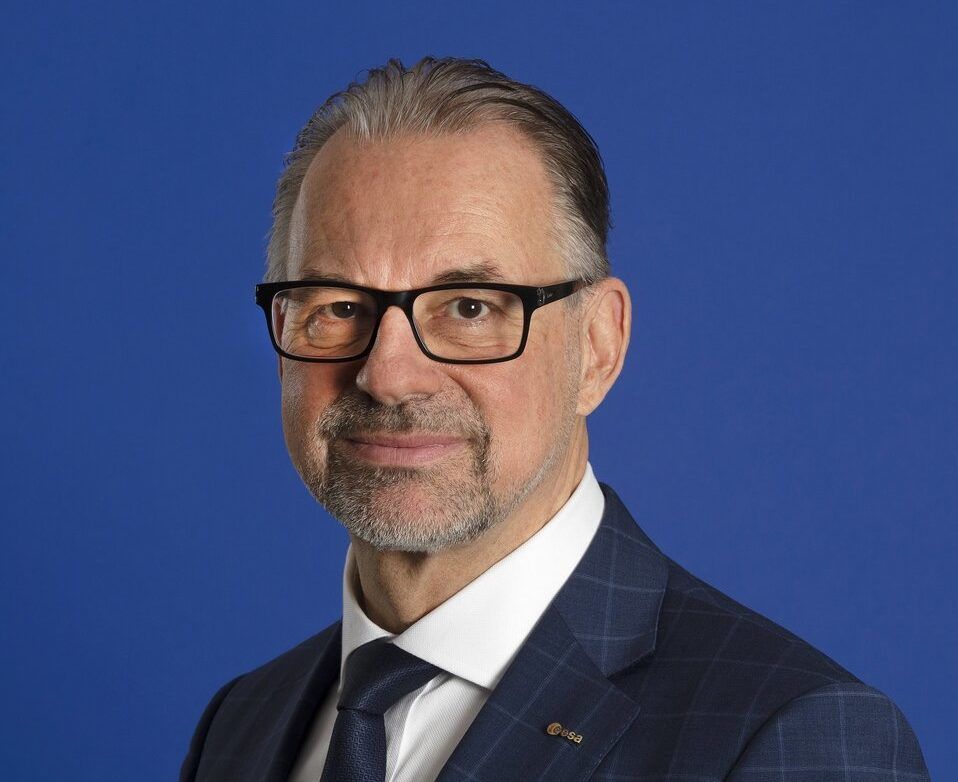
Past event In person
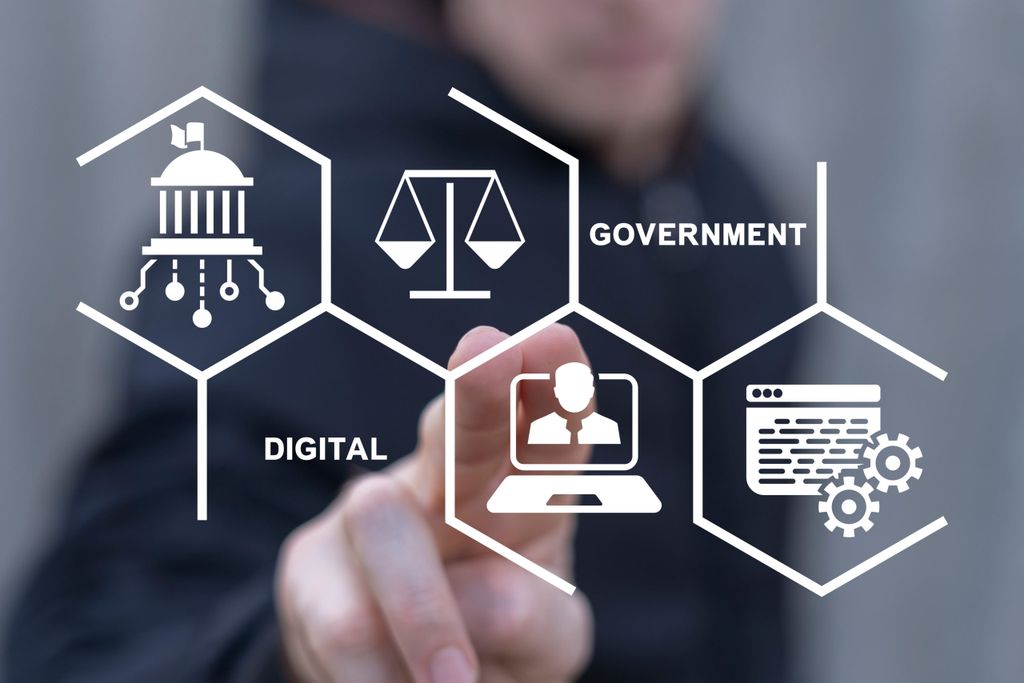
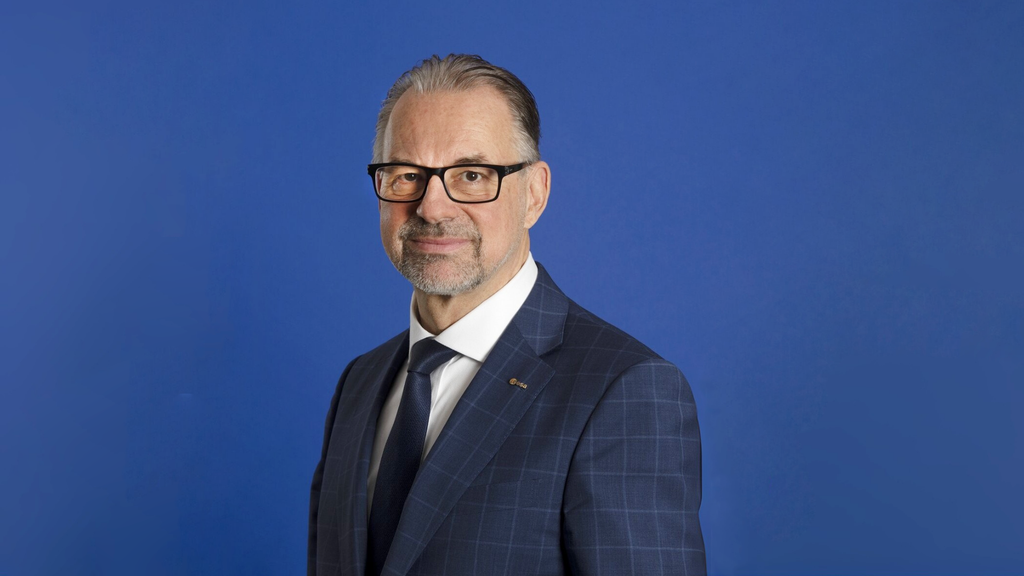
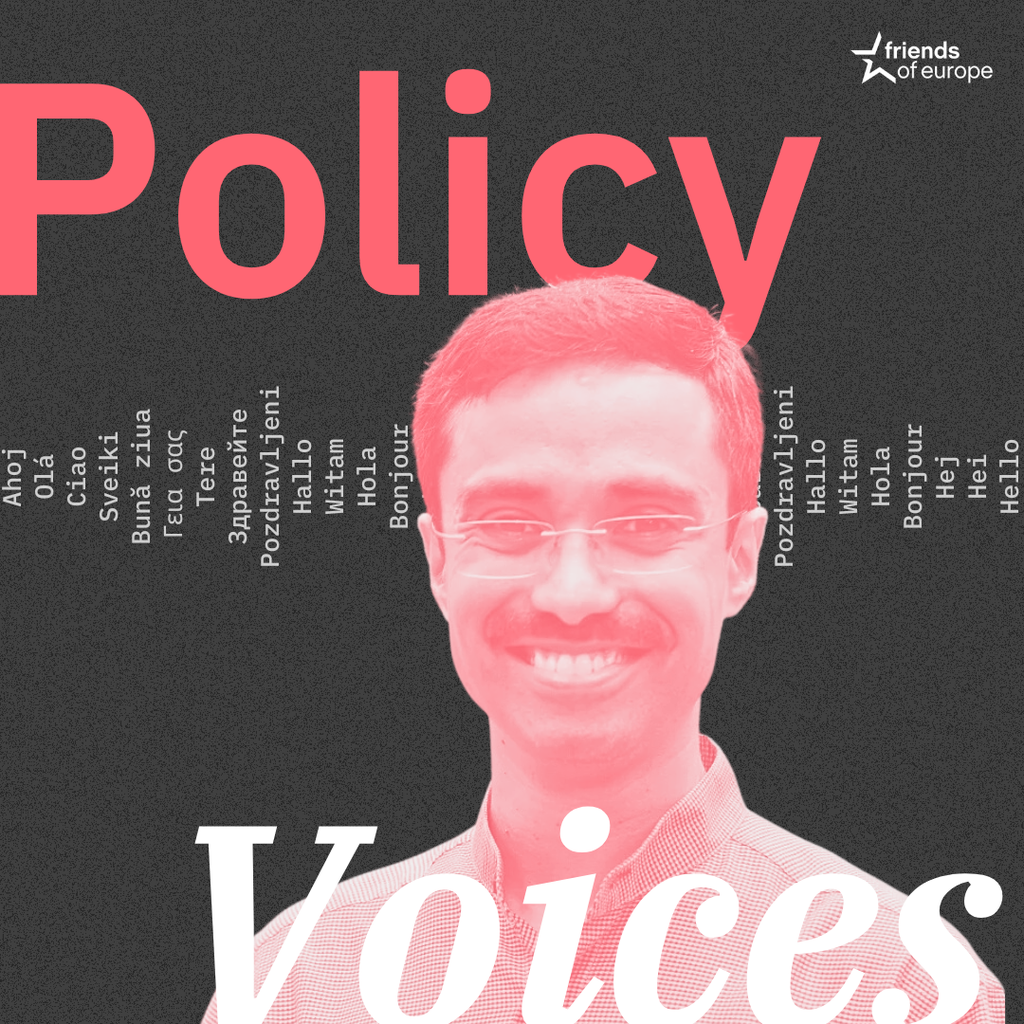
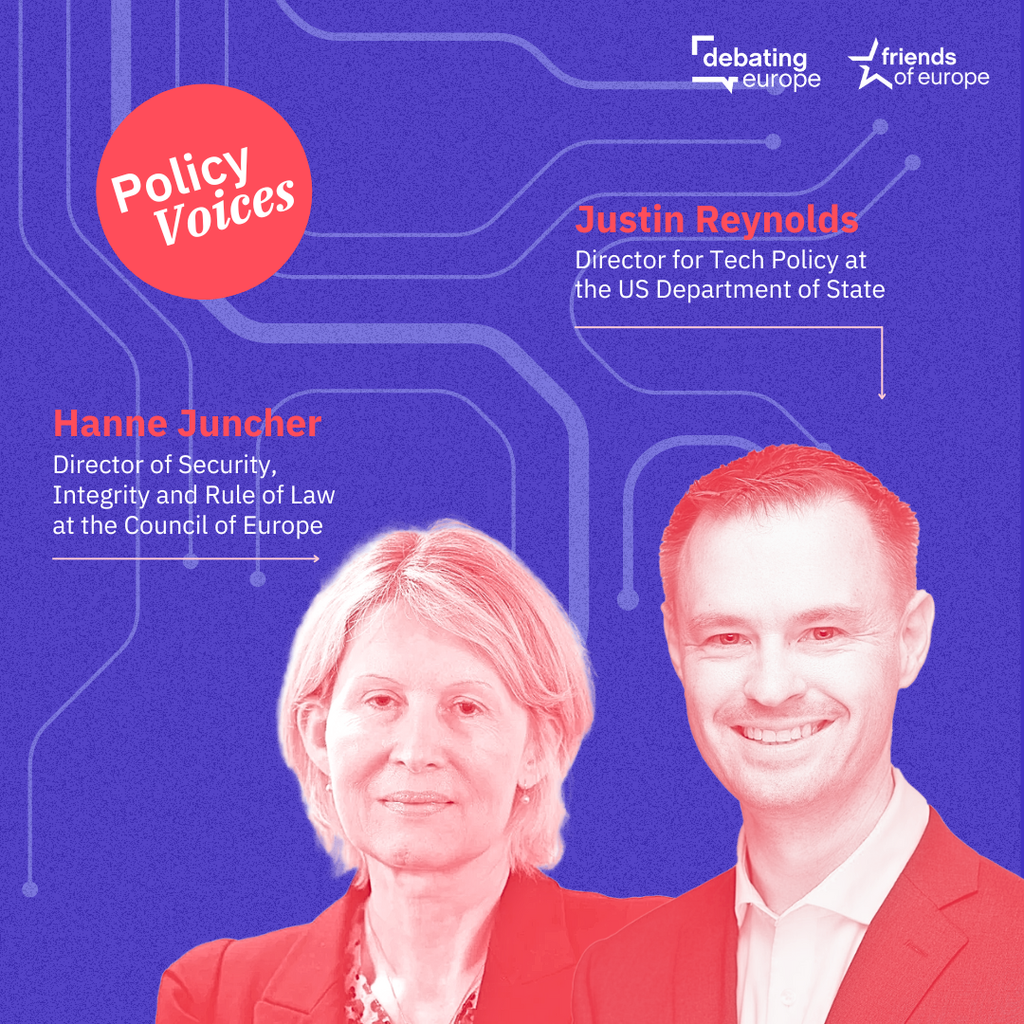

Stay informed
We use cookies and similar technologies to adjust your preferences, analyze traffic and measure the effectiveness of our campaigns. Learn more about our privacy policy.